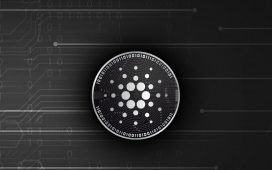The new two factor/layer authentication is adding add-on checks to validate the genuineness (liveness) of the fingerprint so as to further cut down the chances of spoofing attempts.
“The move will be of immense use in segments including banking and financials, telecom and government sectors. It shall also benefit the bottom of the pyramid as it will further strengthen the Aadhaar enabled payment system and curb malicious attempts by unscrupulous elements,” the statement read.
The new security mechanism for Aadhaar based fingerprint authentication is now fully functional. The roll out and migration happened after months of discussion and hand holding by UIDAI of its partners and user agencies.
“A constant engagement and due diligence of UIDAI with authentication user agencies (AUAs) were carried out to impress upon AUAs/ Sub AUAs about the benefit of the new modalities,” it further said. AUA is an entity engaged in providing Aadhaar enabled services to Aadhaar number holders using the authentication as facilitated by the authentication service agency. Sub AUAs are agencies that use Aadhaar authentication to enable its services through an existing requesting entity.
With the new system in place, only finger image or only finger minutiae based Aadhaar authentication has given way to the robust two factor authentication – a win-win for all stakeholders.
“The UIDAI head office and its regional offices are in touch with all entities for facilitating any user agency (that may not have migrated yet) to switch over to the new secured authentication mode at the earliest,” the statement added.
The adoption of Aadhaar based authentication transactions has been witnessing an upward trend as it has proved to be a facilitator in availing several welfare benefits and services.
By the end of December 2022, cumulative number of Aadhaar authentication transactions had crossed 88.29 billion and clocking an average per day transactions of 70 million. A majority of them are fingerprint-based authentications, indicative of its usage and utility in daily lives.










